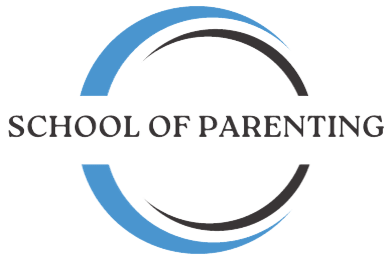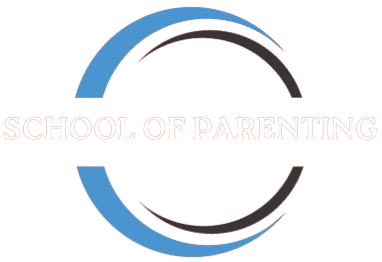Parental favouritism is a big deal and requires that parents are more intentional in their day-to-day dealing with children. It is important to think about the negative effects it has on children in the long run; remember, parenting may not necessarily be just about the present, but includes the future. So, ask yourself, “What do I want for my children and I?” Children never forget no matter their age: they watch and see everything you do.
What are the negative effects of parental favouritism?
First is resentment. Favouring one child over another build’s resentment in the heart of the child. Once a child perceives mum, dad or a caregiver loves and favours the other child over him or her, resentment sets in. They naturally start feeling hateful of the favoured child (some children may or may not show resentment due to fear of the parent or the temperament of the child). Resentment manifests in children of all ages and all through adulthood. This displays in diverse ways: a child might angrily hit his/her sibling; siblings even as adults might team up against the favoured child and may not show any care or attention to the favoured child—they just hate. Resentment will be extended to the parents too as the unfavoured child will naturally hate their parents and may not want to have anything to do with them in adulthood.
Secondly, development of mental health challenges. Children who experience parental favouritism suffer from issues such as depression, anxiety and rejection. Remember, a child who was not shown adequate love, care and attention or perhaps have never been affirmed will literally want to get them from another source that could be from friends, or even partners in their adulthood. This also affects the favoured child because he/she’ll always feel pressured to keep up with parent’s expectations.
Thirdly, it leads to low self-esteem, inferiority complex, in children. Dr Libby, in her book the fovorite child she claims
“The favourite child often grows up feeling confident and powerful with an attitude of ‘I can get things done.’”
They might develop a sense of entitlement while the unfavoured child/children often develop a sense of ‘I’m worthless,’ ‘ I’m not good enough,’ ‘I don’t deserve anything good.
Fourthly, it leads to general poor performance in school and in their future jobs. The child feels: I’m not good enough, I’m worthless, I cannot achieve academic or work success.
Dear intentional parents, the effects of parental favouritism are more damaging to children than one can imagine. Even in adulthood, men and women in their thirties, forties, fifties, sixties and even seventies might still seek validation from friends, partners or even colleagues at work.
I encourage you to be intentional in your journey to becoming a better parent so you don’t leave a scar your child/children will live with for the rest of their lives.


